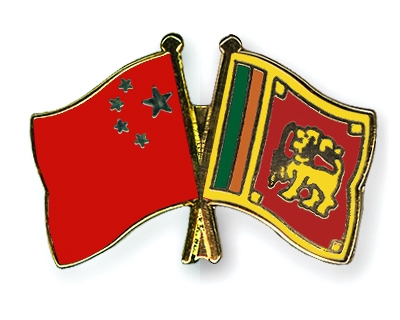 |
“Should Indian foreign policy to a neighbour like Sri Lanka be based on such unwarranted fears about India’s interests? Why will Sri Lanka not develop relations with China, even if India does everything to placate the current regime?
“Should norms and values that India hold dear, like minority rights, be sacrificed at the altar of geopolitical gains? Is a militarised, authoritarian Sri Lanka of greater interest to India or a democratic stable one?
“India will have to do more .... It’s support for negotiations between the Sri Lankan government and the Tamil National Alliance, that began in January 2011, needs to be pressured to move much faster within a fixed timetable. The talks should have devolution of powers and demilitarisation as priority objectives.
“India should monitor its aid and rehabilitation projects and have transparency and oversight mechanisms for these. India should insist on working through the local government in the north and east for its rehabilitation packages to ensure that aid gets to where it is most needed.”
- Anuradha M Chenoy, Professor at the School of International Studies, Jawaharlal Nehru University. See her comment in The New Indian Express here.
Re: India's aid to Sri Lanka, we echoed Prof. Chenoy's concern six months ago:
“While India’s assistance is desperately needed and would be welcomed by the Tamils, it very much remains to be seen if this latest Indian largess goes the way of previous foreign aid intended for the Northeast: diverted either to the Sinhala south or appropriated by vested interests, including ruling politicians. See our post: 'Where will India's aid go?' (Nov 2010) See also: Sri Lanka disrupts Tamil recovery (Dec 2010) ------ “For long now India has enjoyed a high level of influence over Sri Lanka. Yet, despite its long-standing relationship with Colombo, New Delhi’s attempts to encourage its southern neighbour to address crucial post-war challenges and work towards sustainable peace has only met with limited success. “Active political engagement and a generous financial assistance package have failed to convince President Mahinda Rajapaksa to bring about an equitable post-war settlement in the country. “This must change. … Mr Rajapaksa, who has been courting the Chinese while gladly accepting Indian assistance, should be asked to keep his promises.” - The Pioneer’s editorial June 28, 2011. See text here Re: Indian concerns about China in Sri Lanka, this is what we pointed out in December 2010: “China’s increasing influence in Sri Lanka is seen by some Indian and western security analysts as a threat to India's national interests. “However it is missing the point to see China as the ‘problem’ here; it is Sri Lanka’s conduct that should worry India. If Sri Lanka was not to entertain powers hostile to India, then neither China, Pakistan nor any other state can pose a threat via the island. “Intrusion into any power’s ‘sphere of influence’ is impossible unless regional states cooperate. Major powers may have unwelcome ambitions in each other’s spheres, but they need willing partners if these are to advance.” See Gajan Raj's comment for Tamil Guardian here
We need your support
Sri Lanka is one of the most dangerous places in the world to be a journalist. Tamil journalists are particularly at threat, with at least 41 media workers known to have been killed by the Sri Lankan state or its paramilitaries during and after the armed conflict.
Despite the risks, our team on the ground remain committed to providing detailed and accurate reporting of developments in the Tamil homeland, across the island and around the world, as well as providing expert analysis and insight from the Tamil point of view
We need your support in keeping our journalism going. Support our work today.
For more ways to donate visit https://donate.tamilguardian.com.

